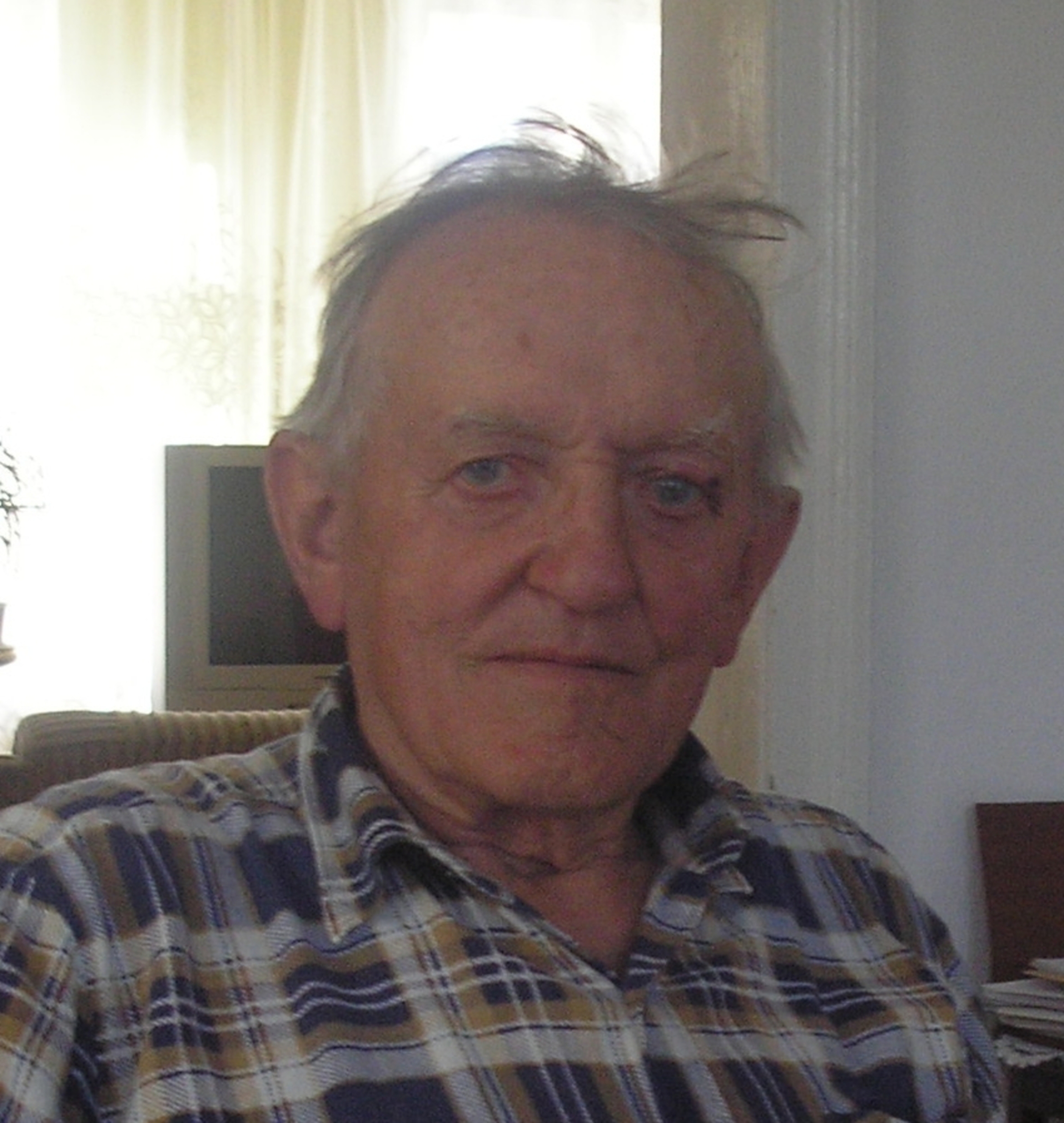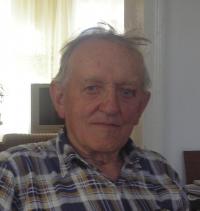There was a case where a Pole threw a German out and seized everything including the pots cooking on the stove

Stáhnout obrázek
Mirosław Ilnicki was born in the village of Komorniki (Lvov voivodship, Turka county) on the 15th of June 1931. His parents had their own farm, and his father was a worker for voluntary causes and founder of a farmers’ association. Before the outbreak of World War II, Mirosław completed the first form of a Polish primary school. In June of 1944, his family farm was burned by the Ukrainians. His family then had to move to the town where relatives on his father’s side lived. Soon, however, the extended family was deported by the Germans to a labour camp in Hungary. In May 1945, Mirosław Ilnicki went together with his family to the “Regained Territories” as part of the repatriation program. They settled on a farm in Huta Szklana near Krzyż. Mirosław Ilnicki went to primary school for a year, and then he gave up learning and worked on his parents’ farm, where he eventually started to farm on his own. He did eventually acquire primary education at an evening school and completed extramural secondary agricultural education. Mirosław Ilnicki lives in Huta Szklana.
